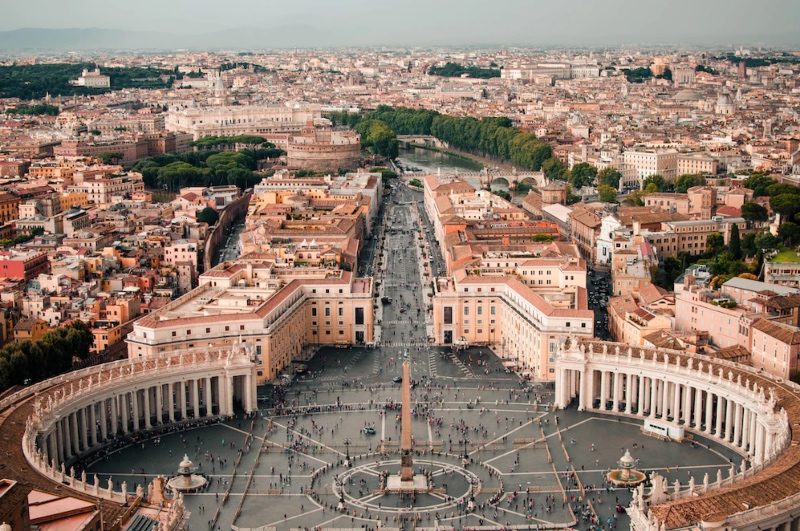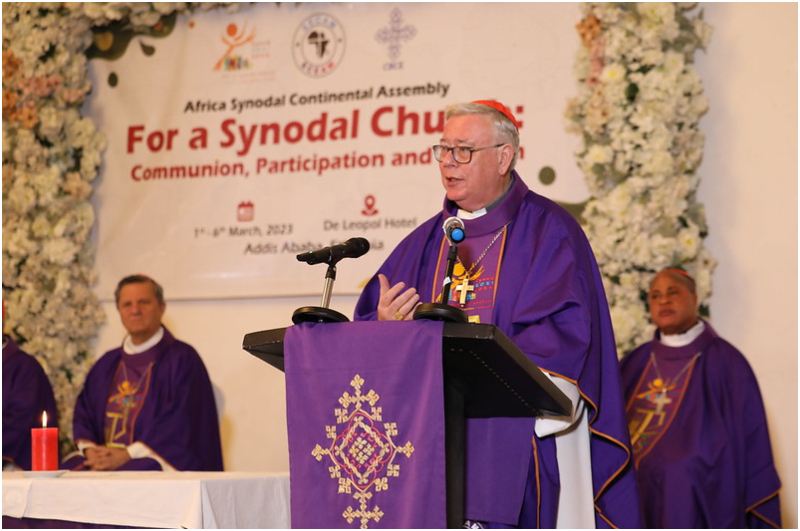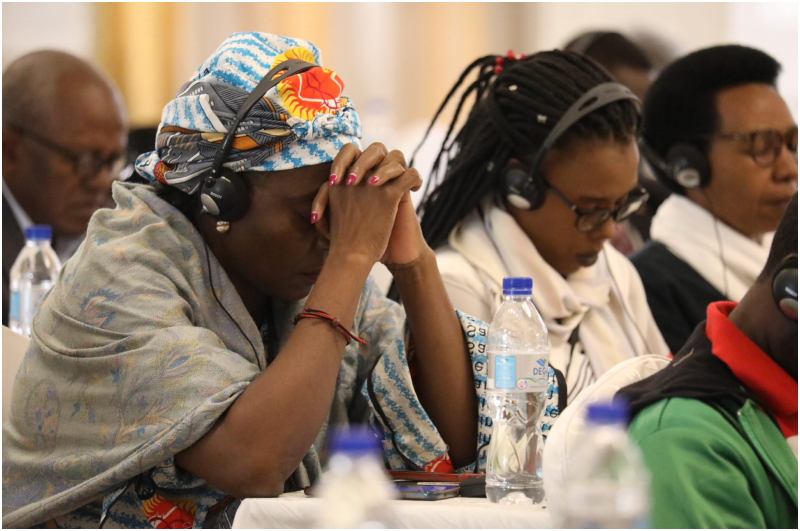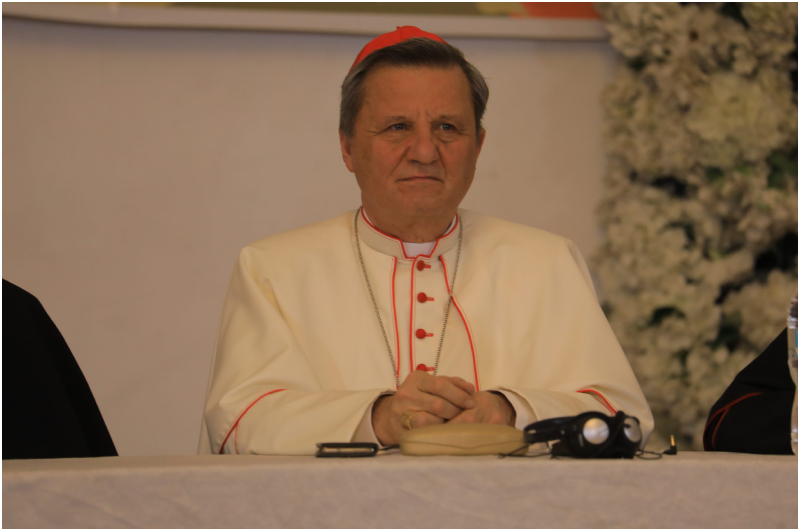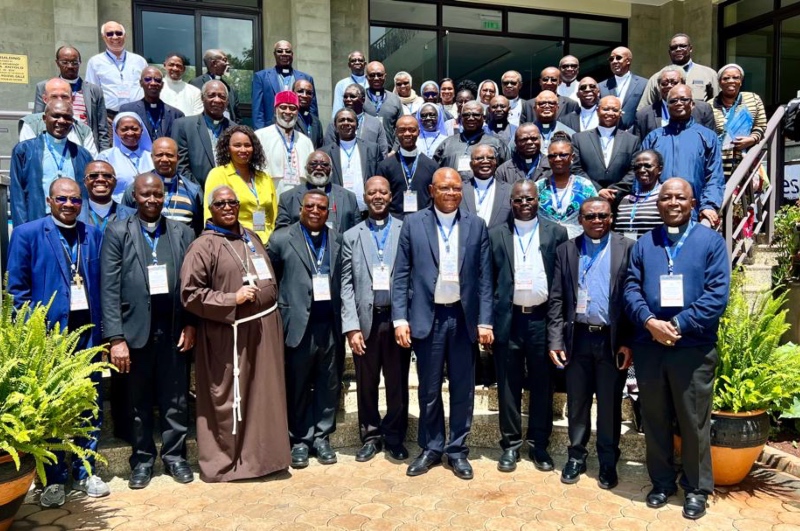

The Symposium of Episcopal Conferences of Africa and Madagascar (SECAM), in collaboration with the African Synodality Initiative (ASI), organized a two-day preparatory workshop for the African delegates to the second session of the Synod on Synodality, which will take place once again at the Vatican in October this year.
The concept of synodality originates from the Greek syn hodos, which literally means "walking together", embodies the dynamics of journeying together of the Church as "People of God". During this workshop, the African delegates were expected to do the following:
a) To share their experiences from the launch of the synodal process in October 2021 until the first Assembly held in October 2023.
b) To take stock of the way in which they continued to animate and energize the synodal path after the first session held in October 2023.
c) To reflect on the guiding questions proposed by the General Secretariat of the Synod of Bishops in the document “Towards October 2024”, in preparation for the next Assembly.
d) To gather experiences and best practices that emerged as significant of the synod for the growth of the missionary synodal dynamism within the Church of Africa.
So, what happened during these two days?
This workshop served as a platform for the African delegates to share their experiences and explore the question: “How can we become a synodal Church in mission?” from an African perspective, taking into account our unique contexts, situations and circumstances.
During my opening speech, I stressed the importance of not only adhering to technical and procedural standards, but also and above all recognizing and valuing the unique African experiences of synodality in mission, which have contributed significantly to the growth and development of the Church in Africa. For example, during our discussions on how to strengthen our synodal mission, there was consensus among delegates that Africa must embrace the experience of Small Christian Communities (SCCs); and the rich philosophical principles of Ubuntu, which highlight the values of family, fraternity and solidarity. These discussions highlighted the need to integrate these distinct cultural and community forces into the broader mission of our Church.
Furthermore, the workshop provided a valuable opportunity for delegates to engage in theological reflections on the question: “How can we be a synodal Church in mission?” from the African point of view. Inputs from these discussions should be compiled and sent to the General Secretariat by May.
Throughout the workshop, experts from various parts of the continent provided ideas and clarified aspects of synodality from multiple perspectives, including:
a) How to strengthen participation, co-responsibility and ecclesial discernment of all the baptized members through existing ecclesial structures and groupings at the continental level.
b) How to adopt the new modalities of mission, which include:
1. Deepening the experience of the journey with Jesus Christ.
2. Fidelity to the Christian vocation in Africa.
3. Responding to new was of being a Church, particularly in the relationships between bishops, consecrated persons and laity, emphasizing their equal baptismal dignity. This also involves strengthening the liturgical life of the Church, ensuring the integrity of pastoral agents in evangelization and expanding the presence of the African Church in digital and cyber spaces.
This workshop emerged as another important moment of grace, a true “Kairos” for the Church in Africa to affirm its commitment to walk together as a united Church – a family of God in Africa, in the service of announcing the Gospel for the better future of the African continent.
The way forward; what next?
During the workshop, Synod delegates worked in small groups to deliberate on various topics, after which they presented their findings at a general assembly. Following these discussions, the SECAM Secretariat will compile and synthesize the reflections of the African delegates. This synthesis will then be sent to the General Secretariat, as the contributions of the African delegates to the wider synodal discussions.
HERE}Related Articles

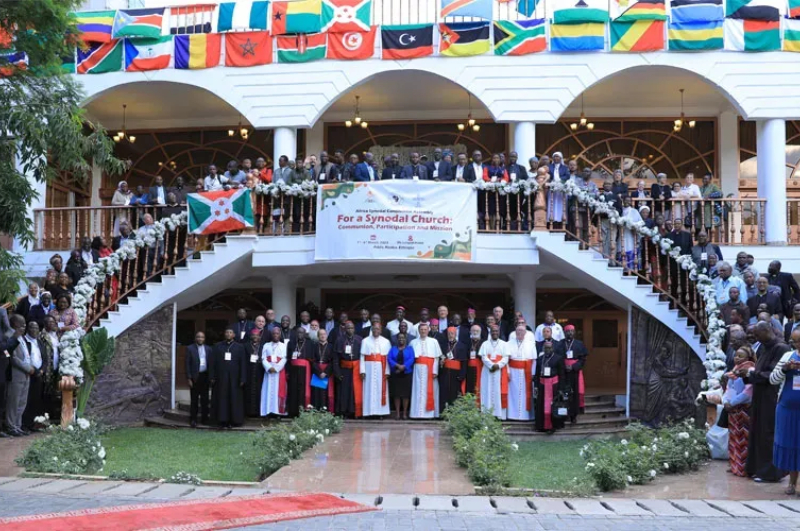
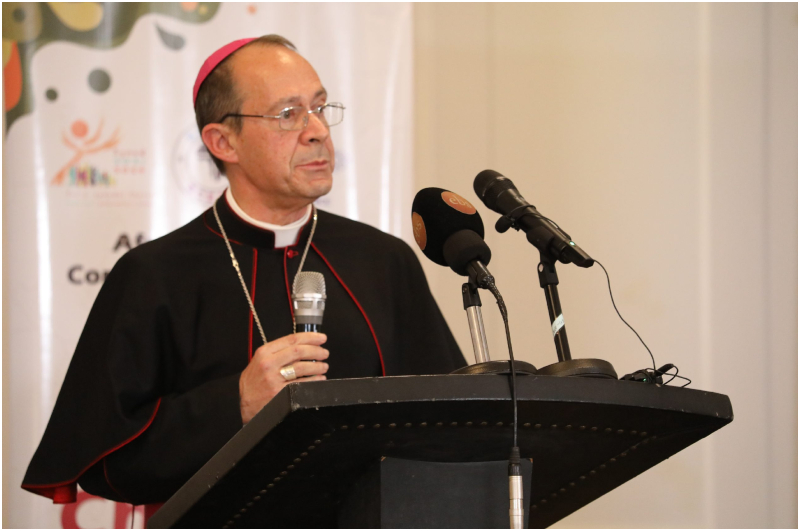
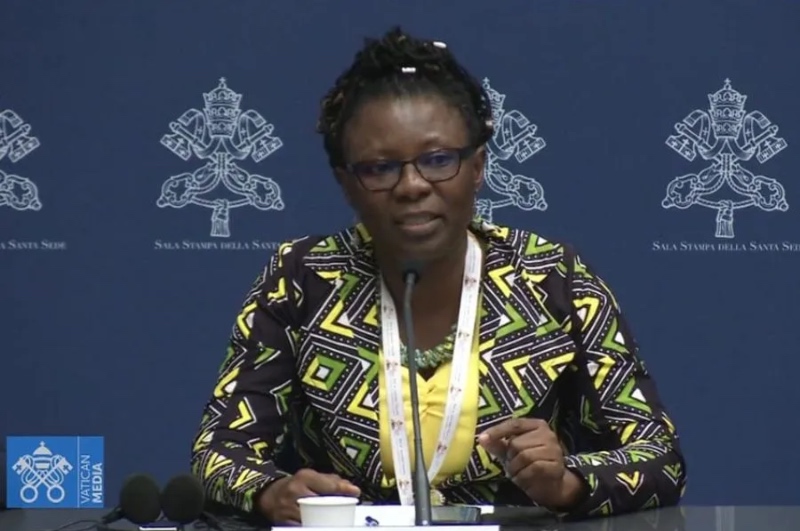
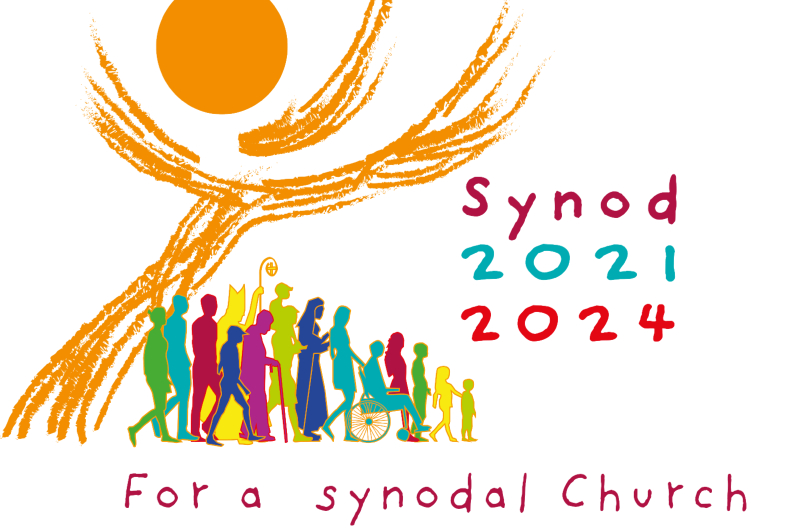
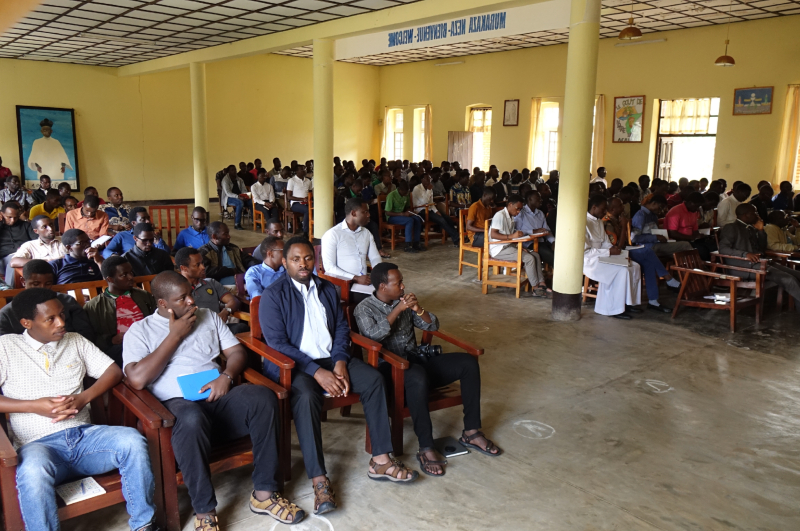
Select Payment Method
Pay by bank transfer
If you wish to make a donation by direct bank transfer please contact Fr Paul Hamill SJ treasurer@jesuits.africa. Fr Paul will get in touch with you about the best method of transfer for you and share account details with you. Donations can be one-off gifts or of any frequency; for example, you might wish to become a regular monthly donor of small amounts; that sort of reliable income can allow for very welcome forward planning in the development of the Society’s works in Africa and Madagascar.
Often it is easier to send a donation to an office within your own country and Fr Paul can advise on how that might be done. In some countries this kind of giving can also be recognised for tax relief and the necessary receipts will be issued.


